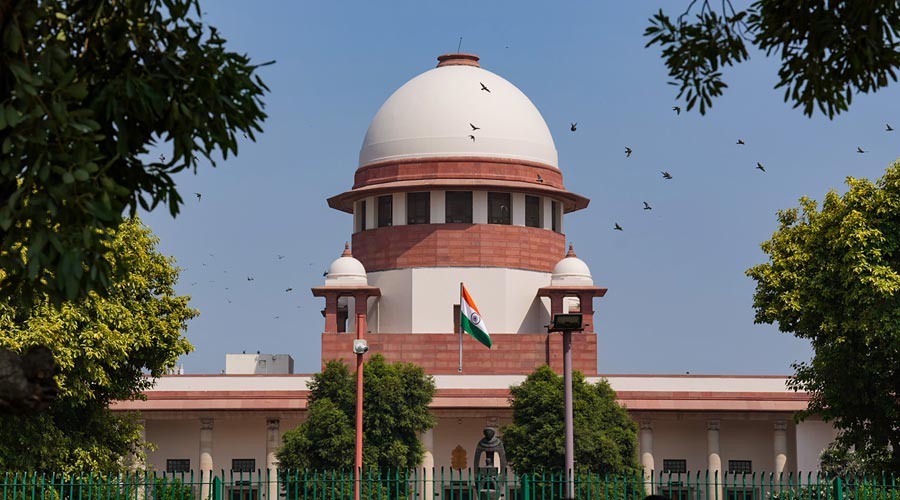


The Supreme Court on Tuesday scheduled a hearing on a slew of petitions challenging the federal government’s Electoral Bond Scheme, which provides funding to political parties, for October 31.
A bench comprising Chief Justice of India DY Chandrachud, Justices JB Paridwala and Manoj Misra, has stated that the case will be heard on October 31 and, if not concluded on that date, will be continued on November 1.
“Petitioner’s counsel and Attorney General have made preliminary submissions. Compilations have been filed. If further submissions are to be made, it is to be filed by October 27. Soft copies are to be compiled by nodal counsel. Matter to be listed for final hearing on October 31 and should there be a spill over it shall continue till November 1,” the bench said in its order.
Because the seven-judge bench has yet to rule on the money bill issue, the petitioners informed the Supreme Court that they will not fight on the Electoral Bond Scheme being passed as a money bill for the time being.
An Electoral Bond is a promissory note or bearer bond that can be purchased by any individual, company, firm, or association of persons who are citizens of India or are incorporated or founded in India. The bonds are produced particularly to contribute funds to political parties.
Advocate Prashant Bhushan, appearing for petitioner NGO Association for Democratic Reforms, told the bench that “the anonymous nature of the funding” also promoted corruption as it allowed companies, who had received certain benefits from the government of certain parties, to anonymously donate to those political parties.